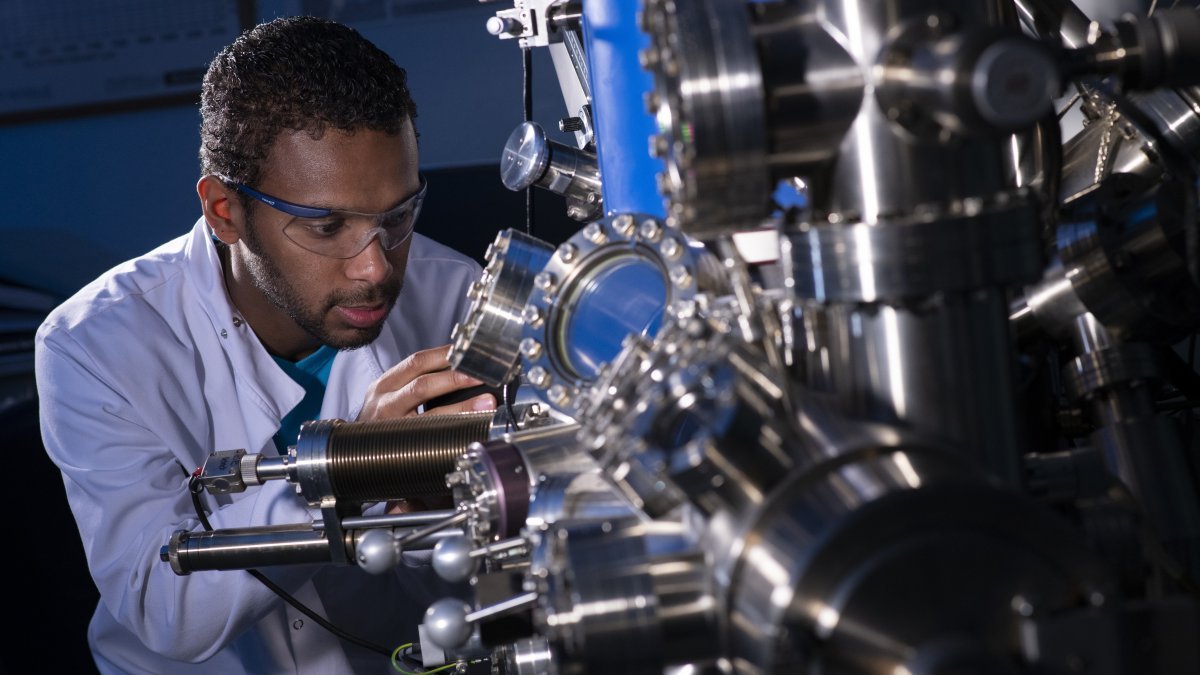
Apprentice mechanical engineers provide solutions and solve problems, playing a crucial part in designing and implementing movable components in several industries.
As a mechanical engineer, you will offer efficient solutions for developing processes and products, from small component designs to massive plants, machines, and vehicles. You will participate in all product creation aspects, including research and development, design, manufacture, installation, and final commissioning.
Because most industries rely on mechanical systems, mechanical engineering is one of the most diverse engineering disciplines. Consequently, there are employment opportunities in several businesses.
Responsibilities
Throughout your apprenticeship, you may help:
- turn research ideas into technical plans, using computer aided design/modelling (CAD/CAM)
- carry out surveys of mechanical systems and equipment
- research and assess new products and innovations
- present design plans and data to managers and clients
- produce other technical documents
- support the contract team when bidding for new work
- oversee maintenance programmes and quality control
- manage and lead a project team of technicians, designers and other engineering professionals.
Salary
- Starting salaries for apprentice mechanical engineers, are in the range of £20,000 to £22,000.
- With experience this can increase to between £25,000 and £35,000. At a mid-level for lead or principle engineers, salaries are around £35,000 to £50,000.
- When a senior level is reached, such as chief engineer, salaries of £45,000 to £60,000+ can be achieved.
Working hours
Working hours are 36 to 40 hours a week, and typically include regular extra hours, but not usually weekends or shifts.
Working environment
You could work in an office, in a factory or visit sites.
Your working environment may be outdoors in all weathers.
Qualifications
Qualifications you can achieve as an apprentice mechanical engineer include:
- Level 6 Manufacturing Engineer – Entry requirements for this level include 4 or 5 GCSEs at grades 9 to 4 (A* to C) and A levels, or equivalent, for a higher or degree apprenticeship. This qualification will take 60 months to complete.
Skills
On a mechanical engineering apprenticeship, you’ll learn:
- maths knowledge
- knowledge of engineering science and technology
- design skills and knowledge
- the ability to use, repair and maintain machines and tools
- analytical thinking skills
- to be thorough and pay attention to detail
- knowledge of physics
- the ability to come up with new ways of doing things
- to be able to use a computer and the main software packages competently.
Employers
Employers of mechanical engineers include:
- aerospace and automotive industries
- construction and building services
- energy utilities, including nuclear
- engineering consultancies
- government agencies
- manufacturing industries
- medical engineering
- oil and gas industries
- research establishments
- sports engineering
- transport, including road and railways.
Professional development
You will work towards attaining chartered engineer status (CEng), an internationally recognised accreditation granted by the Engineering Council. This will raise your earning potential and employment opportunities. To apply for professional registration through IET or IMechE, you must be a member of a professional institution such as IET or IMechE.
If you possess a recognised bachelor’s degree in addition to an accepted master’s degree or an authorised integrated MEng degree, the process of being chartered is streamlined. Consult the Engineering Council for a list of recognised credentials.
Companies may provide opportunities for part-time MSc study in an appropriate topic.
In line with the UK Standard for Professional Engineering Competence, you must also demonstrate that you are working at a certain level and have the required professional skills and commitment (UK-SPEC).
Most large businesses provide formal training and encourage continued professional development (CPD). Typically, businesses give in-service training and short courses to meet specific needs. This may include rotations across other departments to extend your experience. CPD may be assisted by professional organisations such as IMechE and IET.
Career prospects
Most engineering careers end in a position of authority overseeing extra personnel or larger projects and budgets. Therefore, cultivating people management skills might be advantageous if you are expected to lead teams or manage projects.
Obtaining chartered status (CEng) is vital for career progression; it confirms that you have met a certain degree of experience and skill in the engineering field. In addition, any chartered engineers who are members of a professional engineering institution and registered with the Engineering Council are eligible to apply for European Engineer (Eur Ing) status. This is beneficial for international commerce.
To engage in more significant initiatives and accept more responsibility, you may learn additional skills, such as business or management expertise. Commercial acumen is also necessary for work progression.
You might shift into corporate responsibilities such as buying, sales, marketing, or human resources (HR). When you have developed your technical skills, you may progress to jobs in engineering, such as engineering director. Additionally, you may like to pursue a career in engineering consulting.
